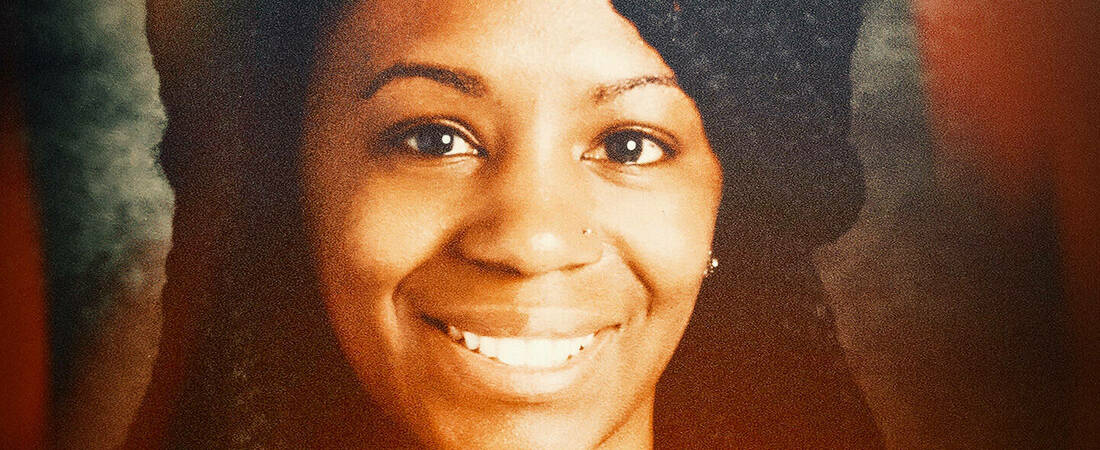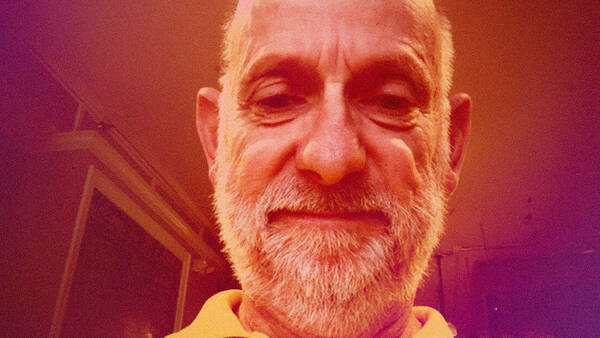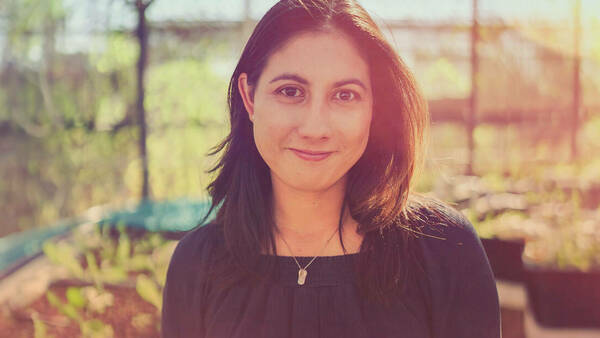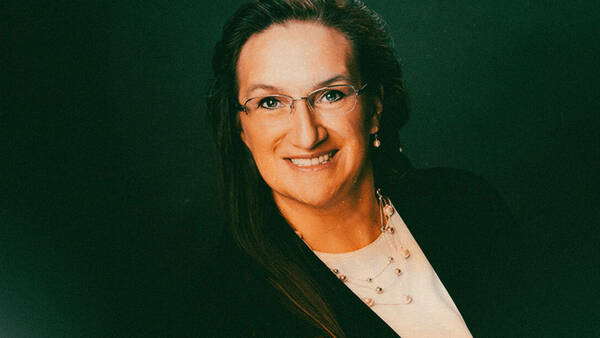Coming to Notre Dame was a bit of a culture shock for Jasmin (Simmons) Tow ’11. Although she had gone to a Catholic high school in Chicago, Tow didn’t know much about the University until her high school counselor recommended it.
“I wasn’t someone who was a legacy or dreamed of going to Notre Dame since I was a kid,” Tow says. “I’m from the Midwest, but I’m not Catholic. I had gone to more diverse schools than Notre Dame.”
Tow carved out a place for herself though, making friends through the Black Student Union, her dorm, and various clubs. One of those clubs was dedicated to teaching English as a Second Language (ESL) twice a week at St. Casimir’s in South Bend. By second semester of her freshman year, Tow was leading the club.
Tow’s involvement in the ESL program — teaching Spanish and working with people — was a natural fit considering that she was studying Spanish and psychology with hopes of becoming either a Spanish professor or a marriage and family therapist. As her time at Notre Dame progressed, however, Tow began to question whether higher education would be the best place to channel her energies.
“What is it for if there are so few people who look like me or share my experiences because of structural barriers to a quality education?” Tow remembers wondering.
These reflections are what drew her to the Teach for America (TFA) program. After serving as a TFA campus recruiter her junior year and working at a TFA Institute the following summer, Tow decided to apply to the program herself. Still wanting to teach Spanish, she indicated California as her preferred location.
Tow got her wish — her first placement after graduation was at an elementary school in East Oakland, California, where Spanish was a first language for most students. While any new teacher’s first year is difficult, Tow’s new school presented a host of more serious challenges.
“When you sign up to be a teacher, particularly in under-resourced or underfunded schools in a high poverty area, you are signing up to play a small part in what feels like an insurmountable problem,” Tow says. “There are barriers that you directly can’t do anything about, like kids who are unhoused, kids who are being neglected, kids whose parents maybe have been deported. And so teaching is a job that takes so much emotional labor.”
Because TFA is only a two-year program, Tow hadn’t planned on sticking around for too long. But despite the trying circumstances, there were enough silver linings to make her want to remain in the field.
“I was fortunate that many of the families knew that I’m not from California, and so they would invite me to their houses. They would feed me. My first group of students is going to be seniors in high school next year, and I still keep in touch with lots of families.”
As a teacher, there were limits to how much she could care for her students, but Tow tried to focus on the impact she could have.
“I can’t control that this family is food insecure, and I, as an educator, probably don’t have money to buy them a fully stocked refrigerator, but maybe I can go to the store and have granola bars on hand,” Tow says. “That doesn’t solve food insecurity, and I think it’s important to have a clear mind that this isn’t going to solve the larger problem, but here’s what I can do. The world outside is very chaotic; I can make my classroom calm and consistent.”
Tow maintains that a calm classroom is not enough, though. Solving the larger problem takes people working together for policy change.
“It’s one thing to offer a kid a granola bar. It’s another thing to talk to decision-makers about (things like) do we have a free breakfast program?”
Tow has found ways to broaden her impact in her current role as an Assistant Principal at Aspire Monarch Academy, a charter school in East Oakland. As one of two assistant principals, she supports transitional kindergarten through the second grade by coaching teachers, planning professional development, and even sometimes working directly with students who need a Spanish-speaking instructor. Tow serves on a number of committees in addition to her day job, including the Black Family Group, the English Language Advisory Committee, and the Early Literacy Task Force, all particular areas of interest.
Tow is also especially invested in evaluating their curriculum and systems through the lens of antiracism. This means not only developing cultural literacy among the faculty, but also expanding the very idea of what it means to be a good student.
“We build it into our work. We use resources from a site called Teaching Tolerance. We celebrate Latinx Heritage, AAPI Heritage, Black History Month, et cetera. But let’s get even more nitty gritty about the practices. It’s also about, how do we shift our archetypes?” she explains. “For example, for cultures that are more collective, how do we give opportunities for kids to demonstrate their knowledge collectively? Are we penalizing students for their affect? Am I calling this disrespectful because that’s how it’s coded in my culture, when it might be coded as direct in another culture?
“The archetype of a good student is somebody who is docile and quiet. But that’s not somebody who is poised to fight injustice or think critically about the information presented to them.”
Tow’s expertise in culturally relevant instruction has made her a sought-out resource for educators in California and around the country. She additionally has consulted on disrupting the school-to-prison pipeline and developed plans for educator and site leader training for implementing a sustainable distance-learning model during the coronavirus pandemic.
For her efforts, Tow was named to the 2020 Domer Dozen, an honor from the Notre Dame Alumni Association and the YoungND board. Last fall, Tow was one of 12 passionate alumni under the age of 32 chosen to be honored for their contributions in the areas of faith, service, learning, and work, out of a pool of more than 140 nominations. The 2020 cohort was recently celebrated during a virtual award ceremony.
Tow credits her time at Notre Dame with encouraging her to make connections outside of her own comfort zone, a skill that has been invaluable in her career.
“When I came into teaching, it was a similar experience coming into the classroom. I was a person of color like my students, but we didn’t share the same background. I definitely think it fostered that openness and the importance of seeking connection.”



